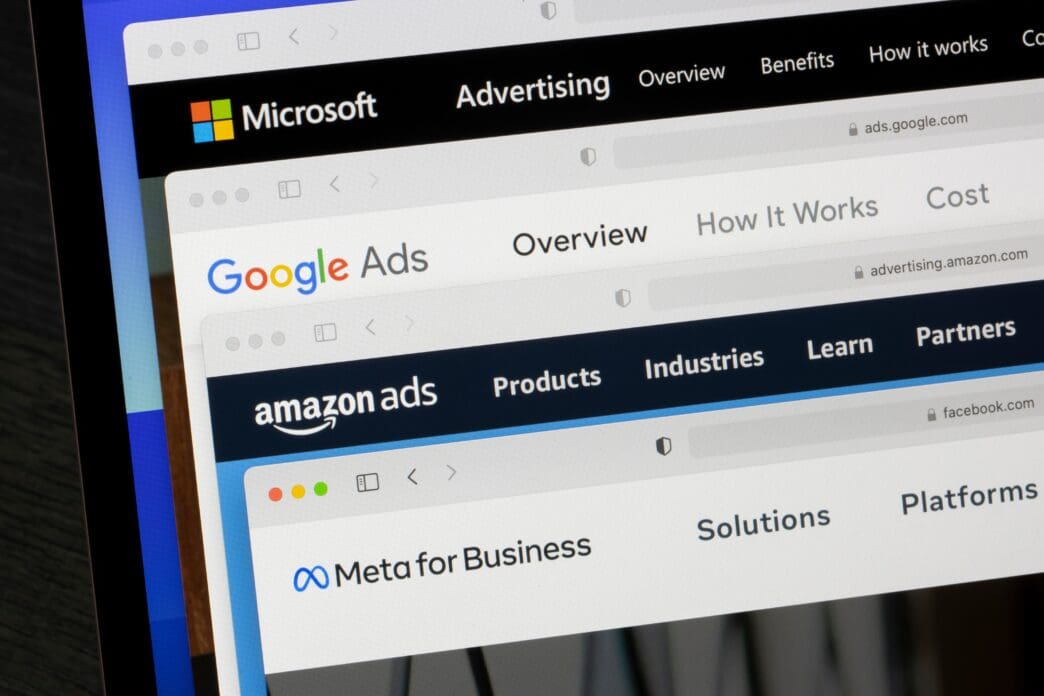Executive Summary
The Story So Far
Why This Matters
Who Thinks What?
The European Union’s new rules designed to enhance transparency around online political advertisements have prompted major platforms, including Google, Meta, and Microsoft, to cease displaying political ads across the bloc. This move has ignited widespread criticism from campaigners and politicians, who express concerns about a detrimental loss of information and potential harm to democratic debate, even as the EU aims to curb political manipulation and foreign interference in elections.
Unintended Consequences of New Regulations
The “Transparency and Targeting of Political Advertising” law, which came into effect recently, introduces stringent restrictions and transparency requirements for paid political advertisements. In response, Google, Meta, and Microsoft have each opted to stop showing political ads within the EU altogether.
Critics suggest that by axing political advertising, platforms are “taking the easier route” rather than seeking compromises with regulators. Liberal Slovak EU lawmaker Veronika Cifrová Ostrihoňová highlighted that this shift risks narrowing who can be heard, as smaller parties and independent candidates lose an affordable channel to reach voters, while large, well-followed accounts remain largely unaffected.
Polish hard-right MEP Piotr Müller described the rules as an example of over-regulation, arguing that the political market would be consolidated, benefiting large, well-known parties and undermining pluralism and freedom of public debate.
Platforms’ Justification and Data Loss Concerns
Google stated that the definition of political advertising within the new law is too broad, while Meta criticized restrictions on targeted ad placements, arguing they ignore the benefits of personalized ads for advertisers and their intended audiences. The law mandates platforms to provide information on the specific election, referendum, or legislative process an ad is linked to, its cost, and details on any targeting techniques used.
Concerns have also been raised about the loss of historical data. Sam Jeffers, executive director and co-founder of WhoTargetsMe, a non-profit tracking online campaigning, noted that Google’s political advertising library no longer includes the EU as a supported region for historical data, impacting researchers’ ability to track online campaigning over time.
Google clarified that ads previously shown on its dedicated EU political ads transparency database would remain publicly available on its main advertising pages, subject to retention policies. However, available information for the EU appears less extensive than for other jurisdictions, reportedly excluding details such as the amount of money spent on ads.
Broader Impact on Social Issue Campaigns
The broad definition of political advertising within the new law extends beyond traditional election campaigns. Meta has also blocked “social issue” ads, and Microsoft will not run “issue-based advertising.” This interpretation could encompass campaigns related to climate change, migration, social justice, human rights, and other politically sensitive topics by charities and civil society organizations.
Eoin Dubsky, senior campaign manager for advocacy group Eko, warned that small organizations “essential” to EU democracy could see their campaign and fundraising options severely limited. The Commission only recently clarified that awareness or fundraising campaigns by NGOs should not always be considered political ads.
Commission’s Stance and Future Discussions
Commission spokesperson Markus Lammert defended the law, emphasizing that it “does not ban political advertising” and that platforms’ decisions are commercial choices. However, he acknowledged the serious concerns from civil society regarding the impact of these decisions.
Companies have criticized a perceived lack of timely guidance from the EU executive, noting that the Commission published guidelines on the law just two days before it took effect. Lammert confirmed ongoing discussions with stakeholders, national governments, and the tech companies to assess the possible impact, with further talks planned for 2026 to learn from experiences.
Key Takeaways
The EU’s new transparency rules for political advertising, designed to combat manipulation and foreign interference, have inadvertently led to a widespread blackout of political ads by major tech platforms. This has sparked a critical debate about the balance between regulatory oversight and the accessibility of political information, with significant implications for democratic processes, smaller political entities, and civil society campaigns across the Union.








